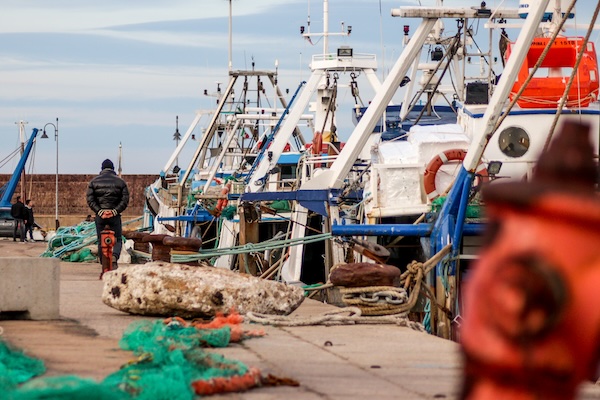
Fisheries
Project in Spain targets marine plastic pollution with circular fishing gear solutions
A new project seeks to develop circular fishing gear and port solutions to reduce marine plastic pollution and support responsible fisheries.
Fisheries
Scientists in Norway are developing biodegradable fishing gear to reduce plastic pollution in the ocean and prevent harmful microplastics.

Fisheries
A new project seeks to develop circular fishing gear and port solutions to reduce marine plastic pollution and support responsible fisheries.
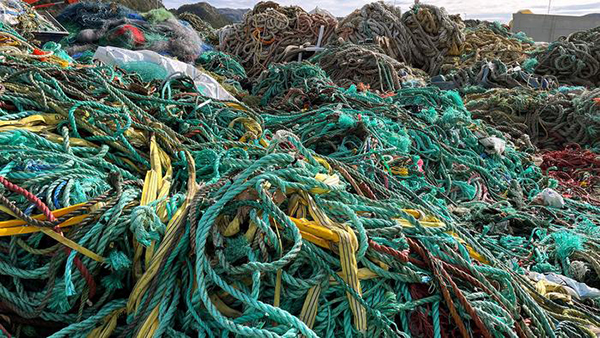
Responsibility
A new study estimates how much fishing rope is lost in Norway and examines how the Norwegian fisheries sector handles ropes.
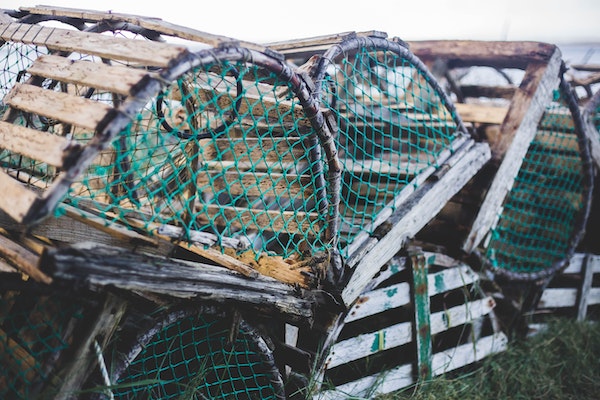
Responsibility
Scientists hauled in almost 55,000 pounds of ghost fishing gear from the seafloor – an estimated economic loss of $240,000 yearly.
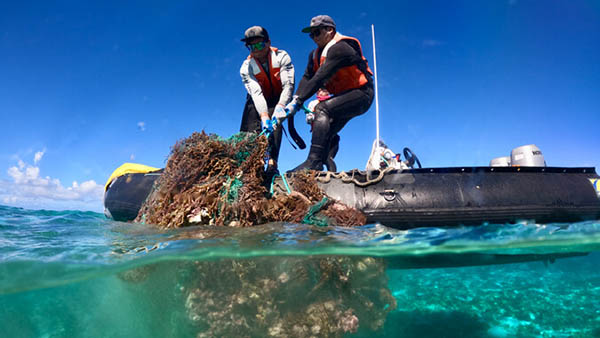
Responsibility
NOAA Sea Grant will support projects to remove and recycle marine debris, improve fishing net technology and develop community partnerships.
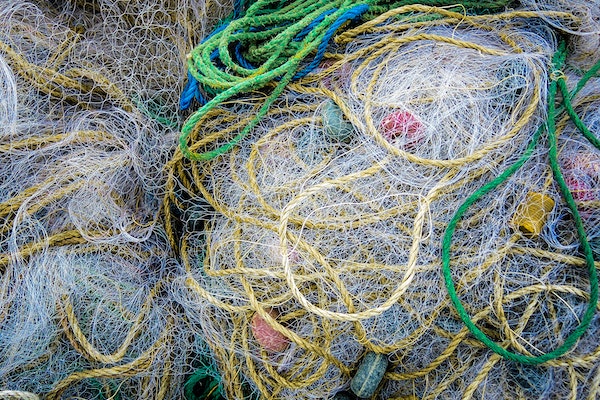
Responsibility
A SINTEF project is investigating how marine plastic used in fisheries and aquaculture can be turned into new products.
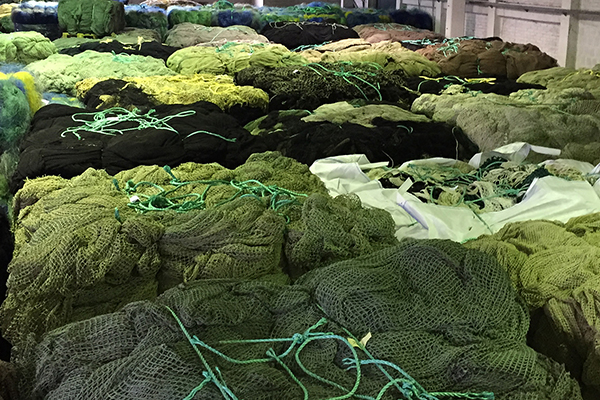
Responsibility
Egersund Net has helped recycle 17,000 metric tons of aquaculture equipment over 12 years, saving an estimated 51,000 metric tons of CO2.
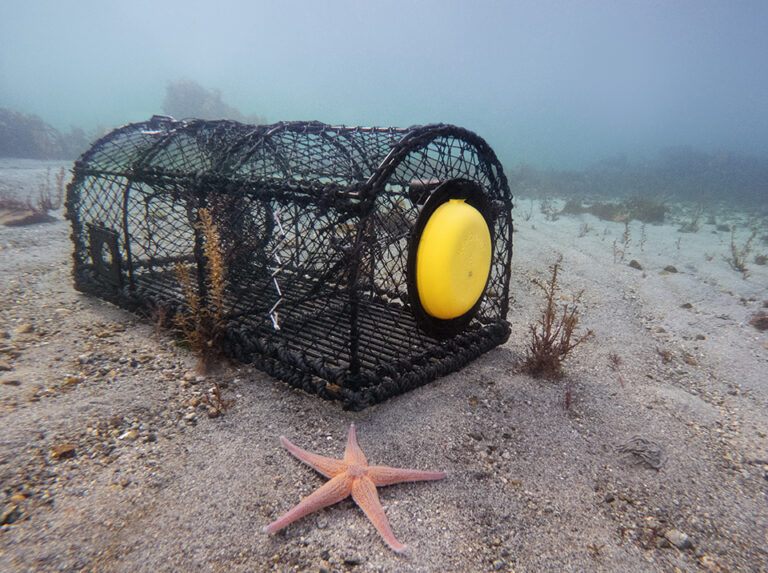
Fisheries
The global ghost fishing problem has negative environmental and economic impacts, but new technology could help locate and retrieve lost fishing gear.
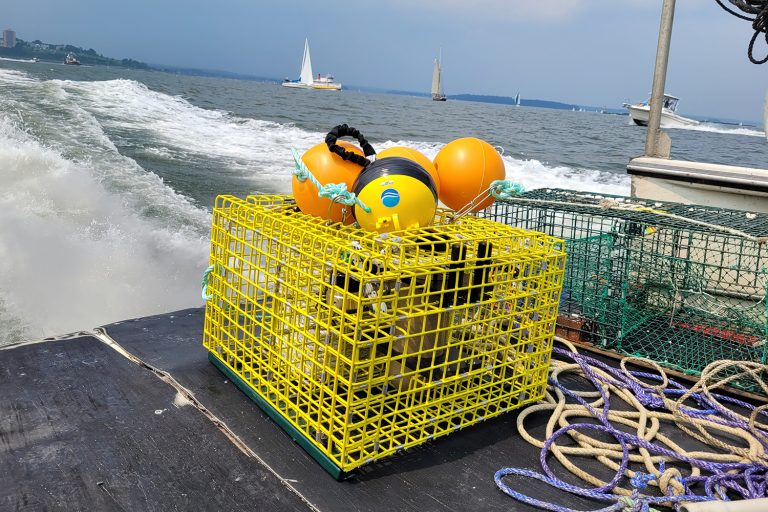
Fisheries
Ropeless fishing gear can prevent whale entanglements and reduce the amount of discarded or lost fishing equipment but the cost is a limiting factor.
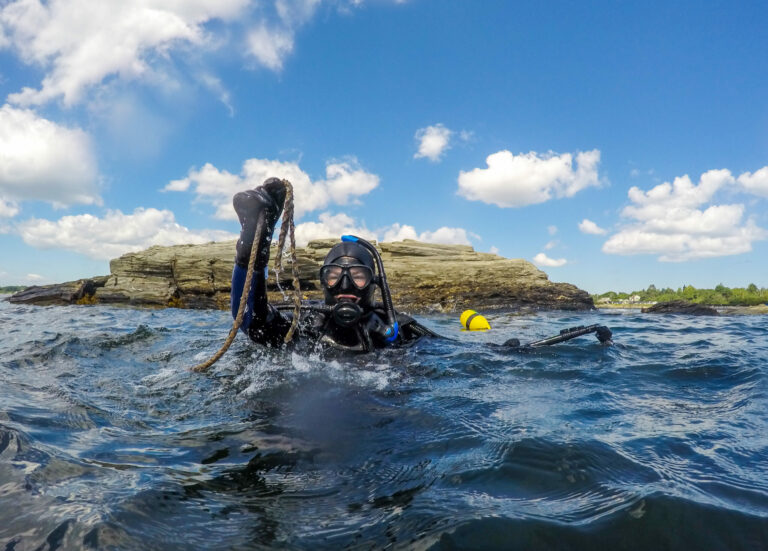
Fisheries
Abandoned, lost or discarded fishing gear can inflict damage on marine life and the ocean, but what's the economic cost of ghost gear?